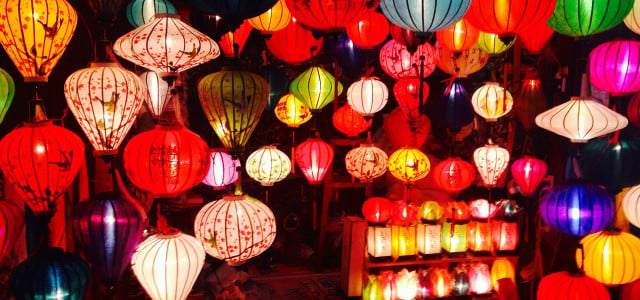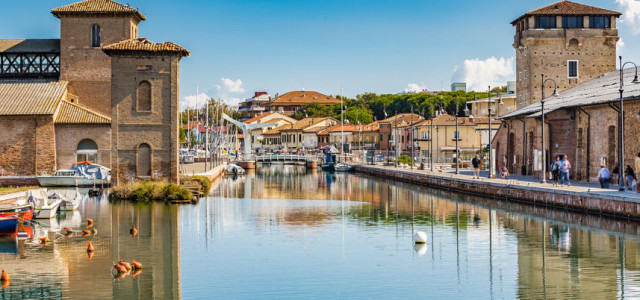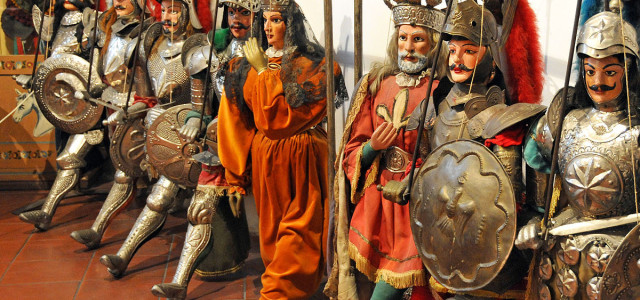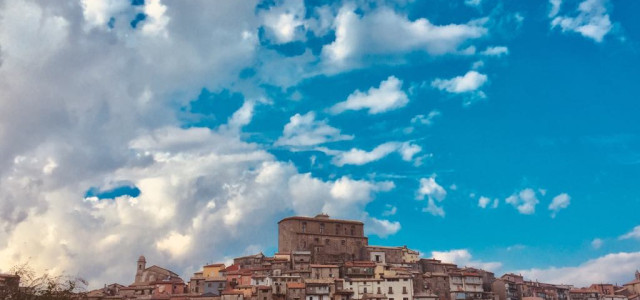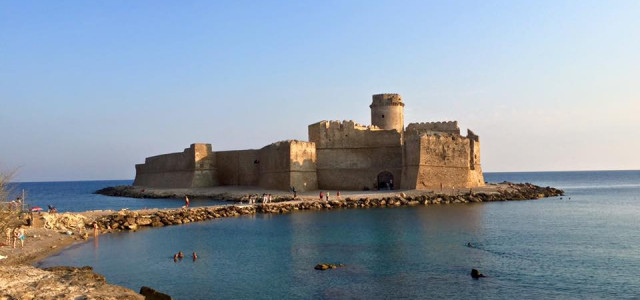Taking a Vacation in Mazara del Vallo: the Arab Sicily that offers the sea and cul-ture
Is Tunisia under our noses? A holiday in Mazara del Vallo will allow you to experience the authentic atmo-sphere of this magical country of the Maghreb which is a real cultural enclave with a lot of Kasbahs. This is a journey to explore Arab Sicily and the Islamic traditions that are still handed down among the locals. A holiday in Mazara del Vallo offers the sea, culture and folklore, just like a real trip to Tunisia.
Summary
In Mazara del Vallo as in Tunis
The first Sicilian conquest was by the Muslim armies in 827. The iqlim (district) of the Vallo represents the physical point of ancient splendor which is still present today and it is possible to experience through the colors, the odors, and the Middle Eastern flavors and atmospheres for a holiday in Mazara del Vallo that is all about spices and incense.
The historical center of Mazara del Vallo is a series of architectures in Arab-Norman style that will surely take your breath away: the ancient Muslim fortress, for example, stood at the same point where the Norman castle was built. The Arch holds the same name; while two of the ancient mosques are to be identified with the current Church of San Nicolò Regale, which is called "the Cuba" by the locals. The same can be said for the Cathedral which was once the Great Mosque.
The historical center was originally enclosed within the Norman walls and still retains the typical features of the Arab urban layout:
the Kasbah - the Old City of Mazara retains its original name. It is a magical maze of alleyways from the East, fragrant with smells from Africa and alternating with the typical inner courtyards that shine with light, just like the historic center of Tunis and the other suggestive medinas of the Maghreb.
This labyrinth today is populated by old and new emigrants that come from Tunisia and the coasts of Me-diterranean Africa. This is precisely the reason why a holiday in Mazara del Vallo becomes an opportunity for cultural exchange and a way to experience everyday life and traditions that come from the local Sici-lian Arab community. They have managed to preserve this culture by transferring the atmosphere of their countries of origin and proceed to mix it with local artistic and culinary forms that are definately to be discovered.
Taking a tour through the alleyways of the Kasbah of Mazara del Vallo
Today in the Kasbah and throughout the city of Mazara del Vallo there are around 3,000 immigrants that come from the Maghreb, most of whom specialize in traditional local activities related to fishing, agricultu-re and traditional crafts.
Most of the city's population is Christian Catholic, but the Muslim minority is present and meets in prayer at the Ettakwa Mosque (مسجد التقوى, Masjid al-Taqwā), housed in a building located in the historical cen-ter.
Are there are other places that are a must-see during your vacation to Mazara del Vallo? Absolutely! The-re are many museums, starting with the Mirabilia Urbis - housed in the Church of San Bartolomeo and dedicated to the collection of precious archaeological material that comes from the territory.
In particu-lar, you will find the kits of the so-called "Shaman's Tomb" - passing through the Diocesan Museum, the Ornithological Museum and finally, the Museo del Satiro located in the former Church of Sant’Egidio.
This place exhibits one of the most fascinating and important archaeological finds in the Mediterranean: the famous Satyr Dancer which was fished in the Sicilian Channel in 1997 by the fishing boat "Capitan Cic-cio".
Traditions and events in Mazara del Vallo
The history of this city which is a melting pot of people, is also recounted through the numerous cultural events organized every season and in the events linked to the local tradition and folklore. In these occa-sions, the rites of Christianity and Islam converge and coexist peacefully.
Planning a vacation in Mazara del Vallo in the spring, for example, allows you to experience the multi-ethnic experience of the "Encounters among the Peoples of the Mediterranean”. It is the first of its kind, and is coordinated by the Mazarese poet Rolando Certa; there are also the suggestive Easter ceremonies which are characterized by the "Rite of the Aurora”.
But the most felt tradition by the Mazaresi people is the Festino di San Vito, "'u fistinu of Santu Vitu”, who is the patron saint and is celebrated between the penultimate and the last week of August: it is a complex ritual that consists of the statue being accompanied in a march held by the faithful and the sailors who wear traditional clothes. There are also floats and the “live scenes” which last until the moment when the statue is set off on a special fishing boat.
Mazara and the culture of the sea
There is an undisputed protagonist of your holiday in Mazara del Vallo: the sea. It is present and provides many different shades of meaning: it is the symbol of life, wealth and sustenance for a community which is mainly devoted to fishing, or where one can go to relax.
The city of Mazara del Vallo Among is among the most important fishing ports of the Mediterranean and the base for an armament of a fleet containing roughly 400 large offshore fishing boats that sail the sea for several months.
The port is divided into two basins: Porto Nuovo and Porto Canale. It is divided even further as it merges into one to defend the Mokarta quay and it contains two docks that open onto the western side. There is also the Edrisi quay which is a tourist port on the east side dedicated to the famous geographer and Arab traveler Muhammad al-Idrisi.
If you wish to enjoy a stretch of crystal clear and uncontaminated sea during your vacation in Mazara del Vallo, you must move along the sandy west coast of Trapani and you will come across three dream loca-tions.
Capo Feto, within the homonymous Protected Natural Area which is managed by the WWF, is a large stretch of coast that is characterized by fine beaches. It has remained unchanged by human intervention and contains white sand dunes that alternate with typical Mediterranean flora.
Tonnarella which is loca-ted just outside the town of Mazara, is home to some beach resorts for those who don't want to give up comfort. Cala dei Turchi is an ancient pirate harbor with a jagged coastline and small coves. Do you need to relax and enjoy some silence? Alla Quarara is located on the southern side of the coast of Mazara and has a rugged and rocky coast which is less frequented by tourists. It offers warm waters.
What to eat in Mazara del Vallo: couscous and shrimp
If you are wondering what to eat during your holiday in Mazara del Vallo, the answer is simple and brings together the gastronomic cultures of the Mediterranean: cous cous, fish and lots of vegetables!
If your experience in Mazara is like taking a trip to Tunisia, then tasting the typical mazarese and trapane-se couscous is mandatory:
in the heart of the Kasbah and all throughout the historical center it is possible to satisfy one's desire for the Orient with seafood-based dinners which include the Gambero Rosso del Mediterraneo, homemade couscous and “busiate” (spaghetti) marinara.
Riproduzione riservata © Copyright Altrama Italia
![Immagine descrittiva - BY [maekfoto/123rf] Immagine descrittiva - BY [maekfoto/123rf]](https://api.viaggiart.com/resources/images/xl/list/image/171463-279306a6144c5a7bfd562eb9b9947ef7-1562818582.jpg)


